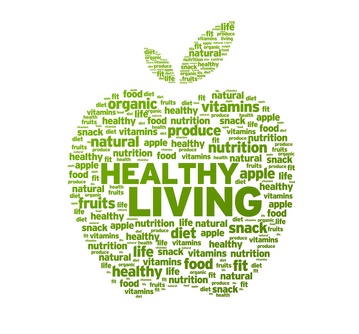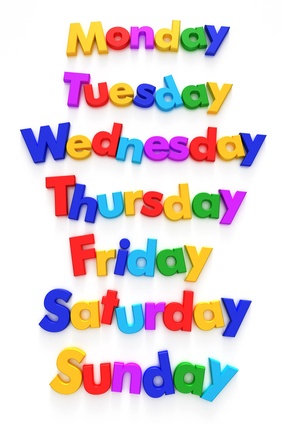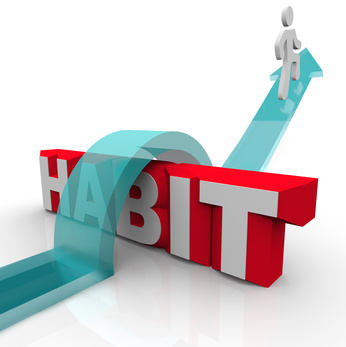
I keep a file of articles that make big promises for health and wellness. Here is an example. The article, “Best Way to Lose Weight” suggested that we can shed surplus pounds to become healthier, happier, and feel better by changing a single habit.
Ready for this?
Tada! “Turn off the TV and take a walk.” Hmm, let’s think this through. If watching less TV, and walking more could guarantee weight loss, who wouldn’t want such a simple solution?
Most would agree that walking is a healthier lifestyle choice than sitting down watching TV (and munching on snack food). But should we jump on a single activity as the “best way” to get rid of holiday weight gain?
Can It Be Okay to Watch TV? Many of us watch TV to unwind. When alone, we may find watching TV a source of companionship. This does not make us guilty of a “poor choice.” After all, TV viewing can be a form of self-care.
Is Walking a Surefire Way to Lose Weight? The second recommendation presumes we can begin a walking program. But what if it’s too cold or rainy. Maybe we feel unsafe outside. Maybe we find walking boring. Perhaps walking alone could make us feel isolated (and…. more stressed).
Simplistic solutions for major health challenges are quite common. They come under the guise of: “Exercise more,” “Get rid of stress,” “Eat more fiber,” “Use portion control at meal times,” or “Stop doing it,” where “it” is a questionable habit or lifestyle choice.
General advice for perennial problems fall short. Simplistic advice ignores individual circumstances, life stories, desires and goals. General prescriptions guess at the nature of the central problem. In our example, identifying a sedentary lifestyle (TV viewing) as the focal health problem may miss what’s really bothering us. Why are we feeling stressed, drained, bored or anxious?
An Alternative to Simplistic Health Advice. How about taking a moment to reflect on our choices. Insight problem solving provides a powerful way to explore options.
As an example, before I turn on the TV, I may ask:
o What am I thinking, what am I feeling? Do I feel overwhelmed, exhausted, frustrated or sad?
o Can I come up with a healthier, more empowering way to deal with those uncomfortable feelings or thoughts right now?
o And if I choose to watch TV, how does that choice serve me?
The Bottom Line:
Whether it’s finding optimal ways to lose weight and keep it off, or finding effective ways to relieve stress, we learn from our choices to gain a deeper understanding of ourselves so we can select a healthier lifestyle.



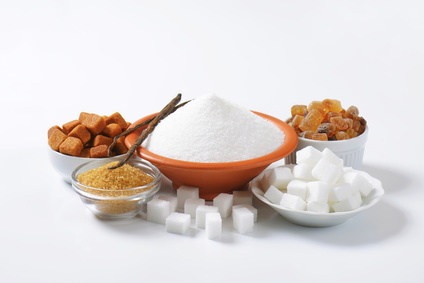

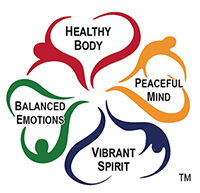




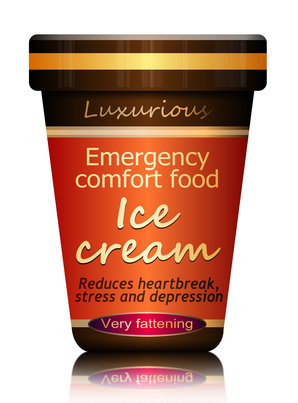


 I gave up eating chewing gum on a regular basis and now chew it very infrequently as a breath freshener. I realized that most of the time I pulled out a stick of gum, unwrapped it and shoved it in my mouth, I suppressed a feeling I did not want to acknowledge.
I gave up eating chewing gum on a regular basis and now chew it very infrequently as a breath freshener. I realized that most of the time I pulled out a stick of gum, unwrapped it and shoved it in my mouth, I suppressed a feeling I did not want to acknowledge.
 If you sidestep the magnetic pull of the "quick fix" and yoyo dieting and look underneath it - what might you find?
If you sidestep the magnetic pull of the "quick fix" and yoyo dieting and look underneath it - what might you find?

